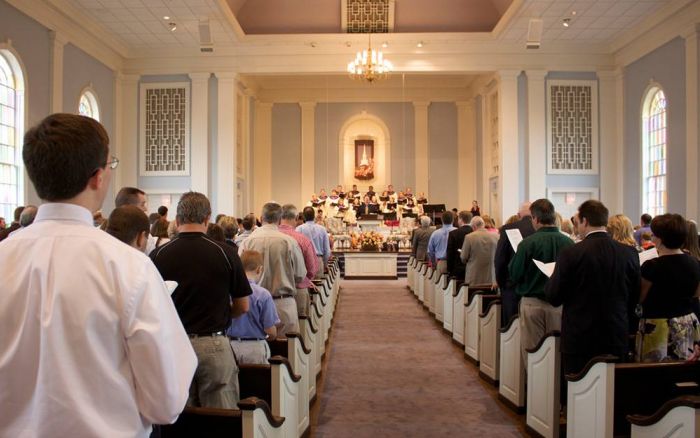Sick of Spirituality, or Who Needs Religion?

Eric hits the nail on the head:
Frankly, I’m sick of “spirituality” — this natural inclination towards moralism and amorphous, touchy-feely mysticism. I am in no way religious by nature. I don’t get my kicks from transcendent experience and feel-good messages. I am not nice, bubbly or happy. Left to myself, I like to smoke, drink and offend people. I have no desire to fool myself about life or its ugliness, and am completely disinterested in trying to deceive myself or others with fairy-tales. I am most assuredly not a spiritual person…
…I am a Christian because Jesus was God. If he wasn’t, don’t give me empty platitudes and Oprah-style bull. Light me up a joint and buy me a hooker, because if He is not who He claimed to be, I’ve had all the spirituality I can stomach.
On a related note, I’m always befuddled when someone claims that they’re “spiritual” but not “religious” (and this almost always seems to be within the context of Christianity, not just religion in general). I’m not exactly sure what they mean by that, but I think it usually means that they like the “therapeutic” (for lack of a better term) aspect of thinking/hoping/believing that there’s more to this life than the physical, that there’s a way to tap into something bigger than themselves, whatever that might be. But they have no interest in doctrine, liturgy, discipline, or ceremony.
And yet, it’s impossible to have one without the other. There’s a symbiotic relationship between the two that you break only at your own peril. If you focus solely on “spirituality,” I don’t see how you can end up with anything but a limp milquetoast belief system, one that is merely content to trade in “feel good” platitudes and warm fuzzies (or “amorphous, touchy-feely mysticism,” to use Eric’s words). All of which may sound wonderful, but really have no ability to address the real, honest, hard, dirty, complex truths of life in this world.
On the other hand, focusing too much on “religion” and its side of the equation leaves you with nothing more cold and callous ritual, with ceremonies that have no power or passion but simply get by the mere repetition of words and genuflections. And these ceremonies have no ability to speak to the passion, warmth, and light of life. (To be honest, this is the side on which I tend to err. Give me old-timey ritual and liturgy, I say! Which, of course, just exposes flaws in my own understanding of such matters, and reveals how much growing I still have yet to do.)
The one needs the other. “Spirituality” needs “religion” to give it orthodoxy — a foundation that provides structure and order lest it be left swaying in the wind, tossed to and fro by whatever feels good or is popular, regardless of its real merit. And “religion” needs “spirituality” to keep it fresh, vital, and in full fighting trim — to remind it that it’s still alive, and hasn’t reached the pearly gates yet.
If you choose one over the other, for whatever reason, you end up impoverished, experiencing only a fraction of the whole truth.